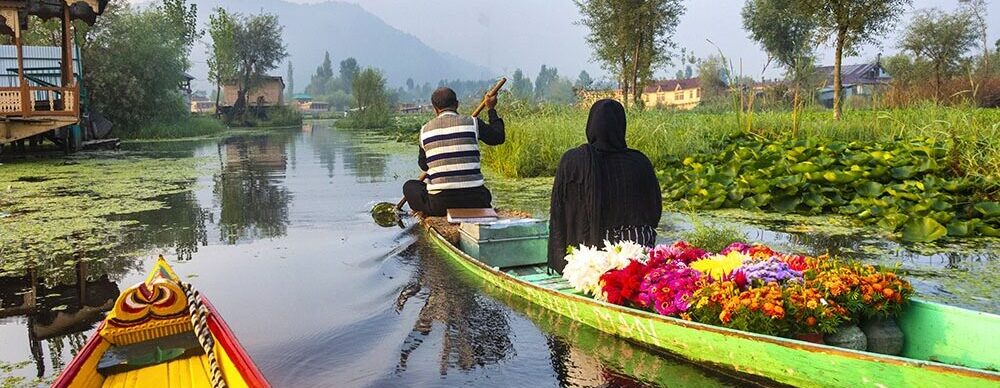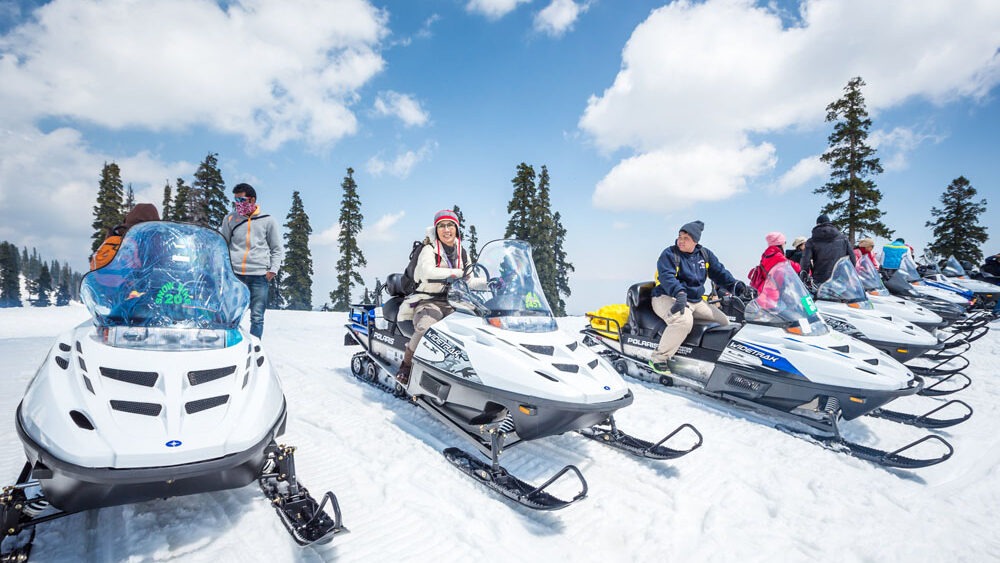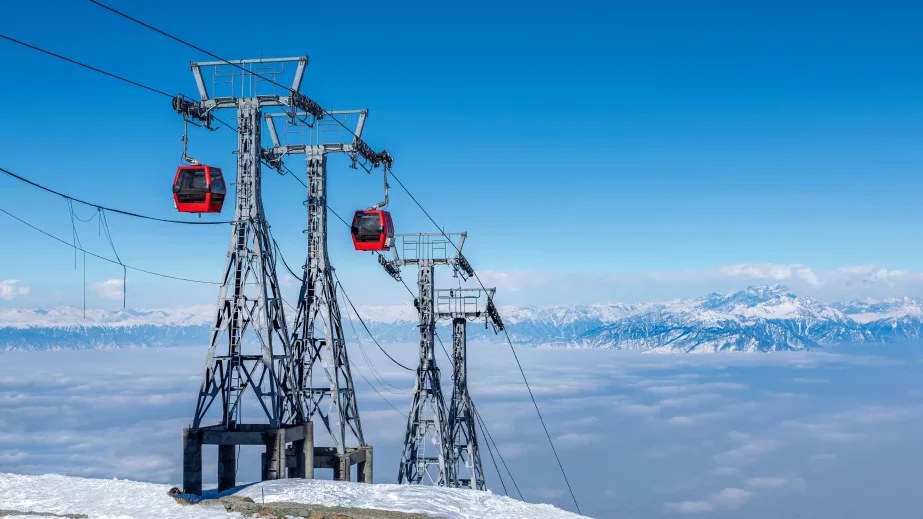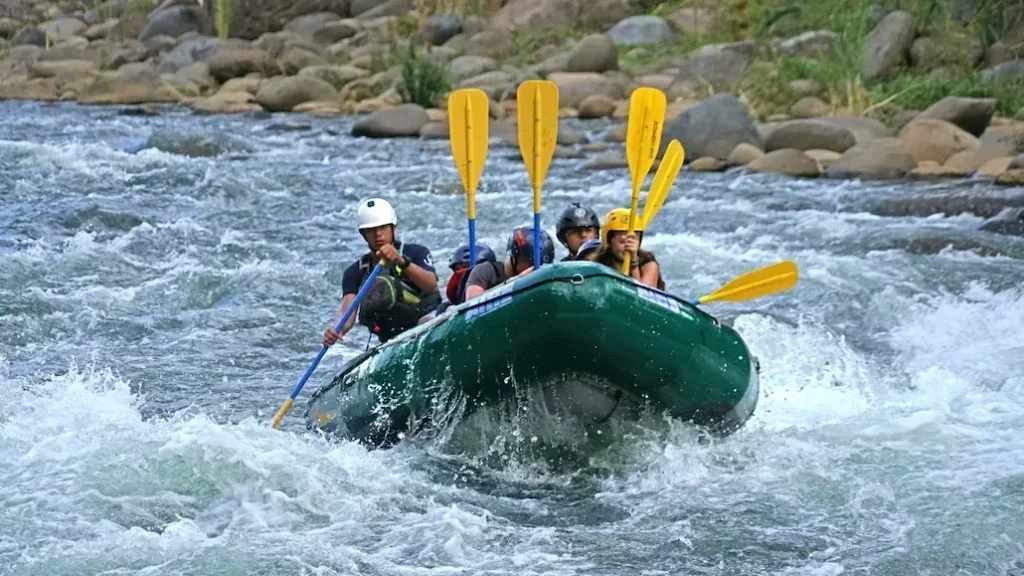Kashmir, the picturesque region nestled in the northernmost part of India, attracts travelers with its scenic beauty, rich culture, and breathtaking landscapes. However, it is important to be aware of the Kashmir travel restrictions before planning your visit. The region’s political situation and security measures often lead to changes in travel policies. This blog will help you navigate these restrictions and ensure a smooth travel experience to Kashmir.
Understanding Kashmir Travel Restrictions


The security situation in Kashmir can sometimes be unpredictable, which has resulted in certain travel restrictions for both domestic and international tourists. Although the region remains a popular tourist destination, there are specific guidelines you need to follow to ensure your safety and comply with local laws.
Why Are There Travel Restrictions in Kashmir?


Kashmir has been at the center of political conflicts and disputes, which occasionally lead to temporary curfews or restricted areas. These travel restrictions are primarily for the safety of visitors and locals, with the government taking steps to maintain peace and order in sensitive areas.
Necessary Travel Permits for Kashmir


For domestic tourists, there are no major restrictions when traveling to Kashmir; however, there are some areas that require permits. If you’re visiting areas near the Line of Control (LoC), such as those close to the borders, a special permit may be required. International tourists also need to register with the Foreigners Regional Registration Office (FRRO) to ensure that their travel complies with local regulations.
Key Points to Remember When Traveling to Kashmir
- Check for Security Updates: Before traveling, it is essential to check for any updates or advisories issued by the local authorities or the Ministry of External Affairs regarding security or curfew in certain regions.
- Travel During Peak Seasons: The best time to visit Kashmir is during the summer months (April to October), as most of the travel restrictions ease during this period. Winters (November to February) may come with added challenges due to snow and roadblocks.
- Travel Insurance: Given the possibility of sudden changes in travel restrictions, it’s advisable to have travel insurance that covers emergencies, cancellations, and medical needs.
- Local Authorities: Always follow the directions of local authorities, especially in sensitive areas. Do not venture into restricted zones, even if they appear to be accessible.
- Stay Updated: Before your trip, make sure you stay updated with local news or visit reliable sources to check if there are any current travel restrictions in Kashmir. Websites like India Tourism provide regular updates on travel advisories.
What Should Tourists Avoid?
While traveling in Kashmir, tourists should avoid:
- Restricted Areas: Certain areas close to the military or disputed zones require special permissions. Do not travel to these places without obtaining necessary documentation.
- Political Protests: The region sometimes witnesses protests or unrest. It’s advised to avoid such areas and stay away from large crowds to ensure safety.
Conclusion


Traveling to Kashmir can be a memorable experience filled with majestic landscapes and rich cultural experiences. However, it is important to respect the Kashmir travel restrictions and adhere to local guidelines to ensure a safe and enjoyable trip. By planning ahead, checking for updates, and following official instructions, you can have an incredible time in one of India’s most beautiful regions.
For the latest updates on travel restrictions, make sure to visit India’s Ministry of External Affairs or consult a local travel agency to stay informeds and requirements, please refer to the Jammu & Kashmir Government Official Website.






